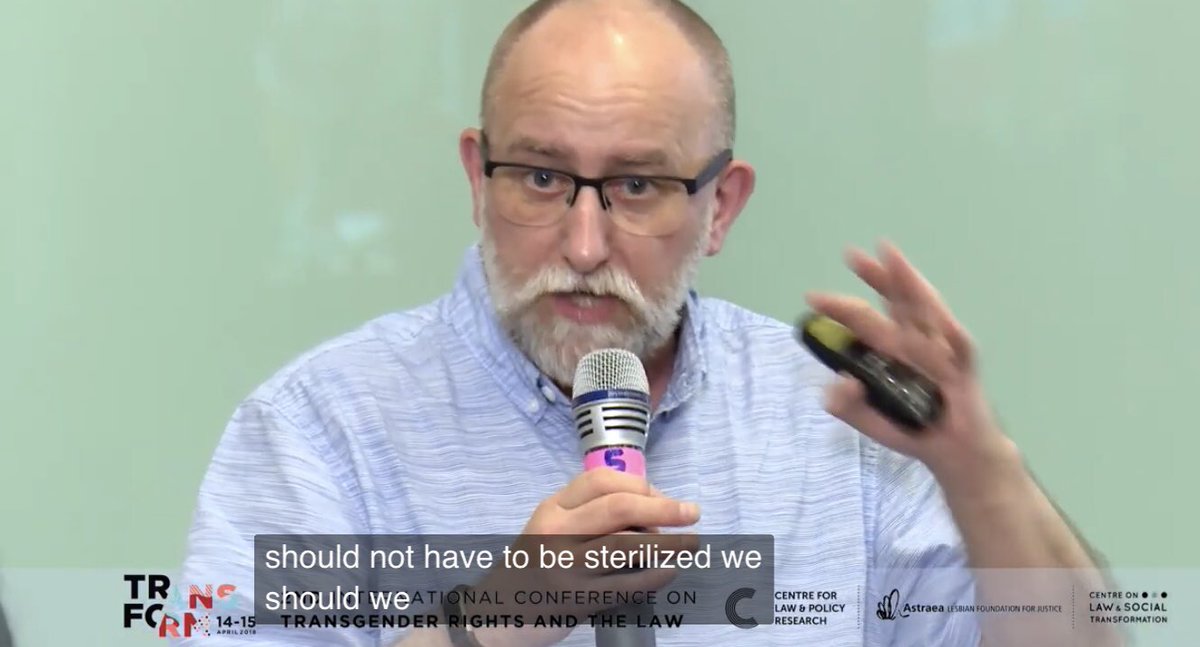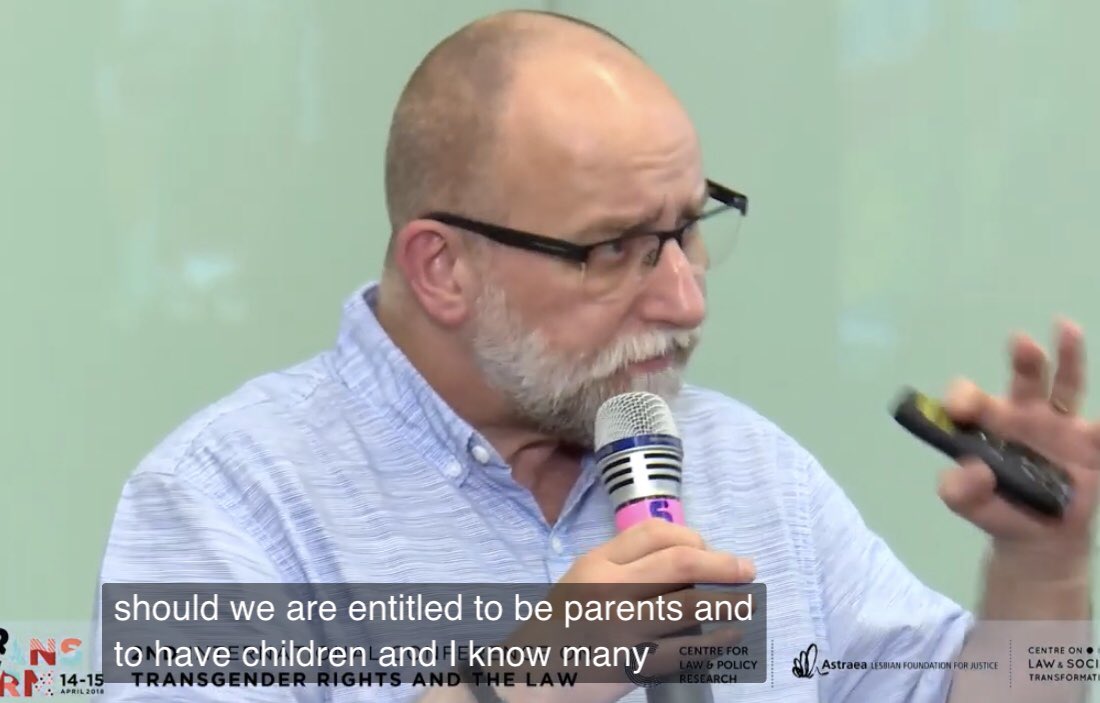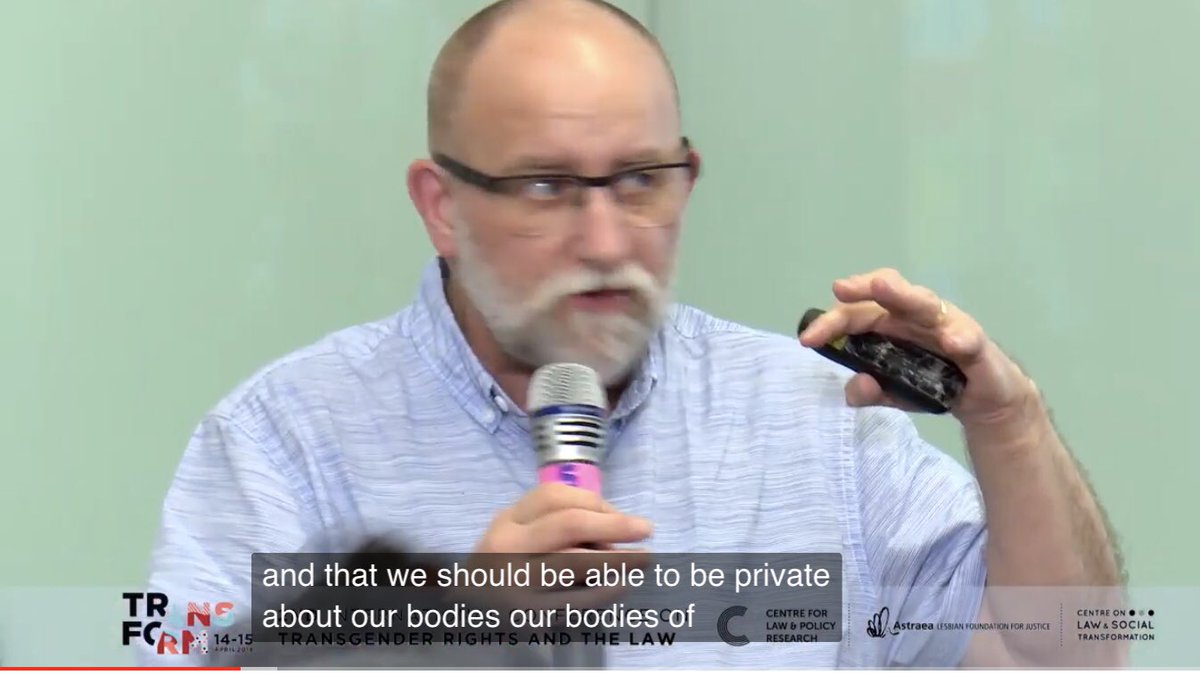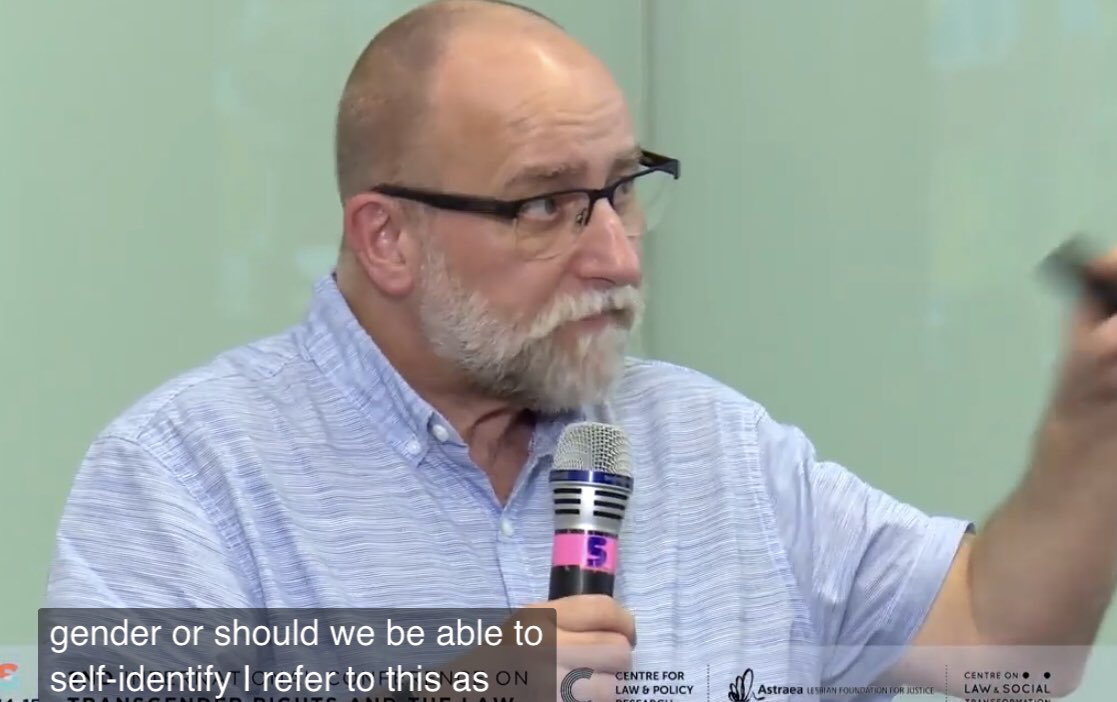But it's a directional intention. A compass statement.
The real effect of calling it a bad slogan, whether or not intentional (but usually intentional), is to reduce a compass statement down to a slogan.
There\u2019s a magic trick that\u2019s going to get played on us every day during the 2020 election cycle. It\u2019s a fairly simple trick, once you see it.
— A.R. Moxon (@JuliusGoat) February 17, 2019
I\u2019d like to talk about leadership and governance.
And the compass, the navigation, the travel, and the corrections.
(thread)

"If they start canceling these American presidents, they're gonna come after Bible characters next. Mark my words" -- Fox News "news side" host Bill Hemmer pic.twitter.com/qTPV0NERv8
— Aaron Rupar (@atrupar) February 19, 2021
Congressional Republicans balk at Joe Biden\u2019s $1.9 trillion relief plan, complicating push for quick passage https://t.co/npXogXvBHM
— The Washington Post (@washingtonpost) January 15, 2021
Vaccine resisters can\u2019t be persuaded if they feel disrespected | Opinion by @michaelbd https://t.co/nwszm47IOf
— National Review (@NRO) July 16, 2021
So I am in the middle of a document co-authored by Stephen Whittle. I took a little detour to have a look at Whittle on YouTube.
— Patrick\U0001f578 (@STILLTish) December 9, 2020
Here are a few clips. This one surprised me. Whittle recalls being heckled by Butch Lesbians and is asked about their role. pic.twitter.com/OWFd0kNDei




The story doesn\u2019t say you were told not to... it says you did so without approval and they tried to obfuscate what you found. Is that true?
— Sarah Frier (@sarahfrier) November 15, 2018

Prabhu says i reside in the heart of my bhakt.
— Right Singh (@rightwingchora) December 21, 2020
Guess the event. pic.twitter.com/yFUmbfe5KL



